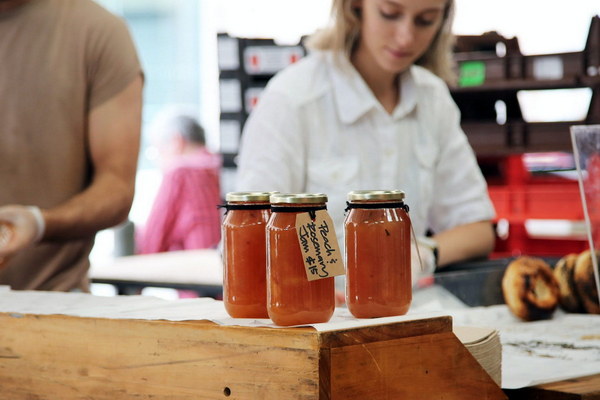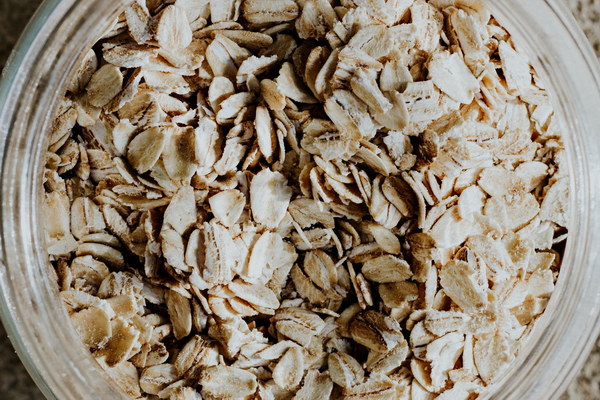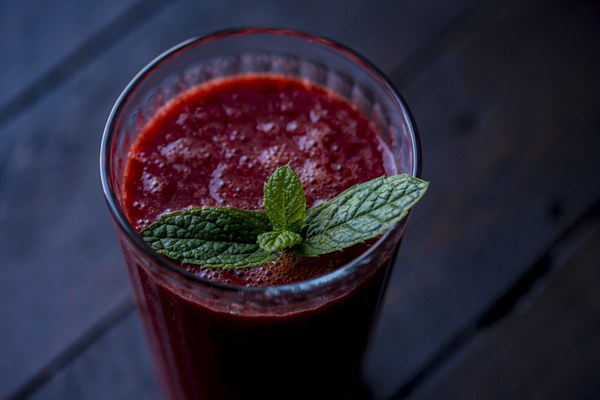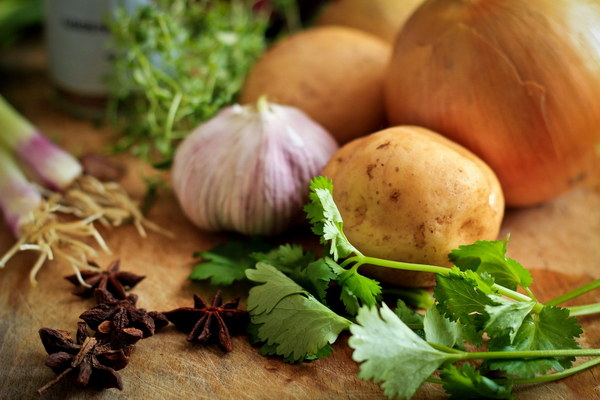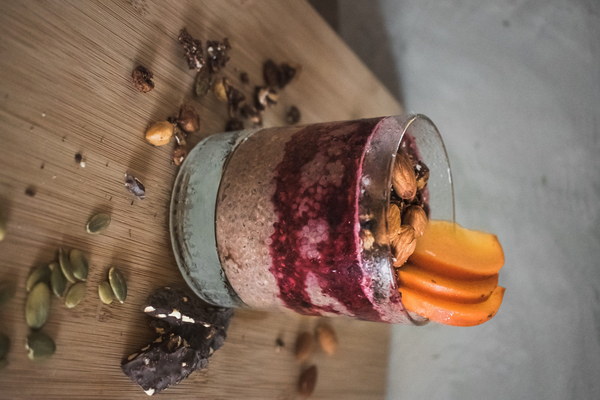Advanced Colon Cancer Nutritional Therapies for Late-Stage Management
Colon cancer is a prevalent form of cancer that affects millions of people worldwide. When diagnosed in its late stages, the disease becomes challenging to treat, and the quality of life can significantly diminish. While conventional treatments like chemotherapy, radiation, and surgery are essential, complementary therapies such as dietary interventions can play a crucial role in managing the symptoms and improving the overall well-being of patients with late-stage colon cancer. This article explores the importance of nutritional therapies for late-stage colon cancer management and provides insights into the dietary strategies that can be implemented.
Introduction
Late-stage colon cancer, also known as advanced or metastatic colon cancer, is characterized by the spread of cancer cells from the colon to other parts of the body. As the cancer progresses, patients may experience various symptoms such as weight loss, fatigue, pain, and bowel obstruction. Nutritional therapies aim to address these symptoms and improve the overall quality of life for patients. By focusing on dietary modifications, it is possible to support the immune system, enhance digestion, and provide essential nutrients that may be lacking due to the disease or its treatment.
1. Nutrient-Dense Diet
A nutrient-dense diet is essential for patients with late-stage colon cancer. This type of diet emphasizes foods that are rich in essential nutrients, vitamins, and minerals while being low in calories and high in fiber. The following recommendations can help patients achieve a well-balanced diet:
a. Fruits and vegetables: Consume a wide variety of fruits and vegetables, including both raw and cooked forms. These foods provide essential vitamins, minerals, antioxidants, and fiber, which can help reduce inflammation, support digestion, and boost the immune system.

b. Lean protein: Include lean protein sources such as poultry, fish, legumes, and tofu. These foods provide essential amino acids and may help with muscle strength and recovery.
c. Whole grains: Incorporate whole grains such as brown rice, quinoa, and whole-wheat bread into the diet. These grains are rich in fiber, vitamins, and minerals that support digestive health.
d. Healthy fats: Include sources of healthy fats such as avocados, nuts, seeds, and olive oil. These fats can help reduce inflammation and support overall health.
2. Hydration
Proper hydration is crucial for patients with late-stage colon cancer. Adequate fluid intake can help maintain bowel regularity, reduce constipation, and prevent dehydration. Patients should aim to drink at least 8 glasses of water per day, or more if recommended by their healthcare provider.
3. Gentle Eating Habits
Patients with late-stage colon cancer may experience digestive issues such as diarrhea, constipation, or nausea. To alleviate these symptoms, it is essential to adopt gentle eating habits:
a. Small, frequent meals: Eating smaller, more frequent meals can help reduce the risk of nausea and improve digestion.
b. Soft, easy-to-digest foods: Opt for soft, easy-to-digest foods such as bananas, rice, applesauce, and toast. These foods can help alleviate gastrointestinal discomfort.
c. Avoiding trigger foods: Identify and avoid foods that exacerbate symptoms such as spicy, greasy, or high-fiber foods.
4. Complementary Therapies
In addition to dietary modifications, complementary therapies such as herbal supplements, probiotics, and acupuncture may offer additional benefits for patients with late-stage colon cancer. However, it is crucial to consult with a healthcare provider before starting any complementary therapy to ensure safety and efficacy.
Conclusion
Nutritional therapies play a vital role in the management of late-stage colon cancer. By focusing on a nutrient-dense diet, adequate hydration, and gentle eating habits, patients can support their overall health and well-being. While dietary modifications alone cannot cure the disease, they can significantly improve the quality of life for patients with late-stage colon cancer. It is essential for patients to work closely with their healthcare providers to develop a personalized dietary plan that meets their specific needs and preferences.



